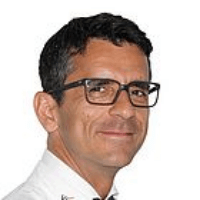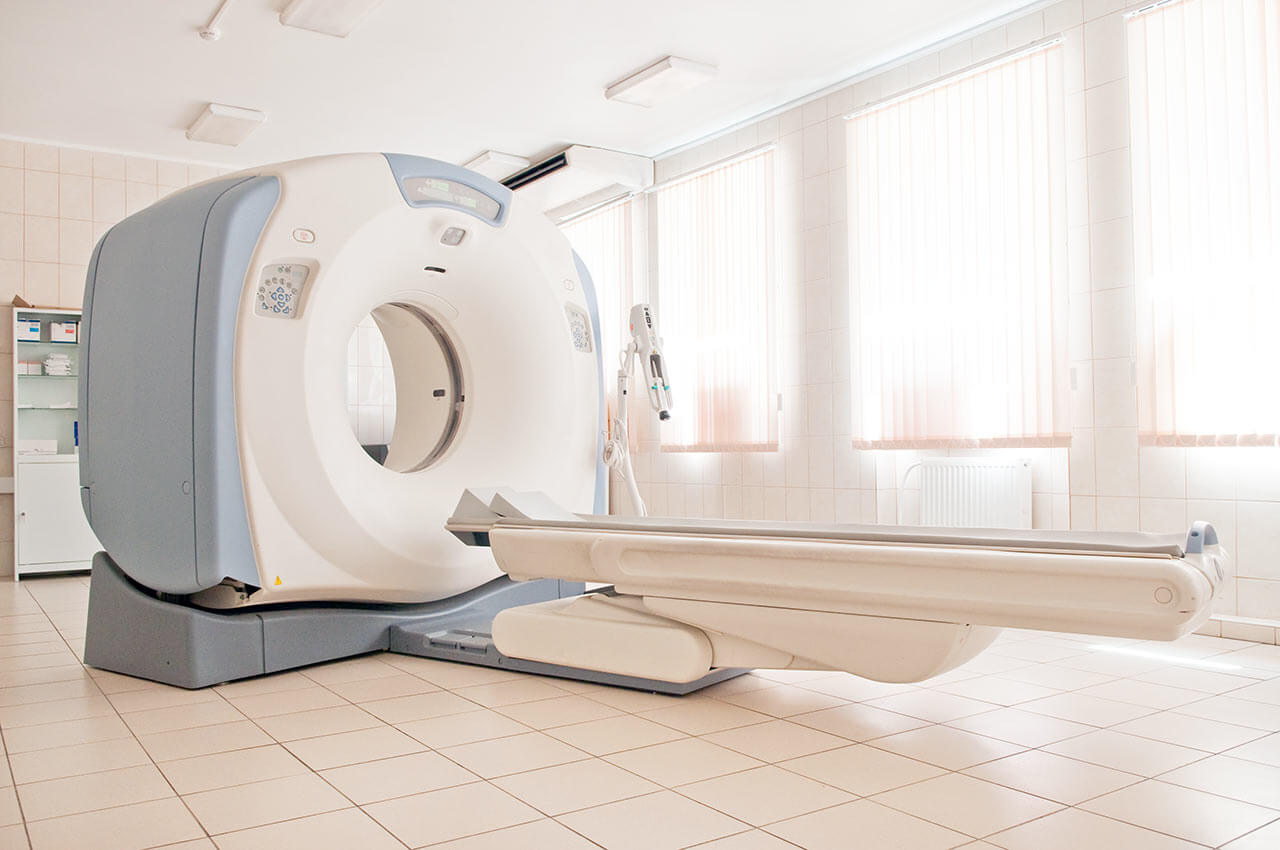
The program includes:
- Initial presentation in the clinic
- clinical history taking
- review of medical records
- physical examination
- laboratory tests:
- complete blood count
- general urine analysis
- biochemical blood test
- inflammation markers (CRP, ESR)
- blood coagulation analysis (aPTT, PT, INR)
- neurological examination
- psychiatric examination
- electrophysiology study (if indicated clinically):
- ENMG (electroneuromyography)
- EEG (electroencephalography)
- SEPs (somatosensory evoked potentials)
- VEPs (visually evoked potentials)
- BAEP tests (brainstem auditory evoked potentials)
- CT/MRI scan
(if indicated clinically, additional cost is 650/1200€) - lumbar puncture (if indicated clinically)
- nursing services
- consultation of related specialists
- treatment by chief physician and all leading experts
- explanation of individual treatment plan
(the cost of medicines is not included)
Required documents
- Medical records
- Genetic tests (if available)
Service
You may also book:
 BookingHealth Price from:
BookingHealth Price from:
About the department
The Department of Neurology with Stroke Unit at the Vivantes Neukölln Hospital offers the full range of services in this medical focus. It offers high-quality diagnostics and treatment of diseases of the central and peripheral nervous system. To do this, the department has a large team of competent neurologists, the most advanced diagnostic and therapeutic methods, state-of-the-art medical equipment. The department is headed by Prof. Dr. med. Darius Günther Nabavi.
One of the most important focuses of the department is the treatment of strokes. The Stroke Unit has 16 beds equipped with monitoring systems, 68 beds for patients with general neurological diseases, and 14 beds for special neurological early rehabilitation. Treatment is carried out around the clock. In addition, lysis therapy and the so-called thrombectomy are provided around the clock as well. The Stroke Unit of the department is one of the largest certified stroke centers in Germany.
Another important focus of the department is the treatment of multiple sclerosis. There is a special outpatient clinic for treating patients with this disease. Medical care is provided by highly qualified specialists with many years of experience. Each patient receives an individually developed treatment plan, adapted to personal needs and corresponding to clinical manifestations of the pathology.
The department offers both diagnostics and treatment of the following clinical pictures:
- Stroke
- Multiple sclerosis
- Meningitis
- Parkinson's disease
- Alzheimer's disease
- Epilepsy
- Malignant neoplasms of the brain and meninges
- Neuromuscular diseases
- Polyneuropathy and myopathy
- Headaches (e.g., migraine, tension headache)
- Dizziness
- Gait disorders, falls (in the elderly)
- And many others
Curriculum vitae
Prof. Nabavi is a Chairman of the Stroke Unit Commission of the German Stroke Association (DSG) and Chief Physician of the Department of Neurology at the Vivantes Neukölln Hospital.
The doctor studied medicine at the University of Essen and there he defended his doctoral dissertation. Then he had his internship in the Department of Neurology at the University Hospital Muenster. From 1997 to 1999, the professor was engaged in research activities at the Robats Research Institute, Ontario, Canada. He received a scholarship from the German Research Foundation. The studies were devoted to new methods of perfusion imaging of the brain.
In 2001, Prof. Nabavi received his professorship and was appointed Senior Physician of the Stroke Unit and Department of Neurology at the University Hospital Muenster. In July 2006, the doctor occupied the position of Chief Physician in the Berlin clinic. In 2012, he was appointed a Chairman of the German Foundation for Stroke Patients, and since 2014 he has been the Deputy Chairman of the Board of Trustees. In 2016, he also receive a position in the Stroke Committee of the European Stroke Organization (ESO).
Prof. Nabavi is the author of more than 100 scientific works on the diagnostics and treatment of stroke. He is also the author of many review articles, separate chapters and textbooks on this topic. The doctor is an expert in national and international committees and participates in many studies.
Membership in Professional Societies
- German Society of Neurology (DGN).
- German Stroke Society (DSG).
- European Stroke Organization (ESO).
- Working Group on Neurological Intensive Care (ANIM).
- German Society for the Review of Scientific Works on Neurology (DGNB).
- German Society of Ultrasound in Medicine (DEGUM).
Photo of the doctor: (c) Vivantes Netzwerk für Gesundheit GmbH
About hospital
The Vivantes Neukölln Hospital is the maximum care hospital and one of the largest healthcare facilities in Berlin. There are more than 20 specialized departments and centers, including pediatric departments. In total, the hospital has 1,200 beds. The hospital uses innovative technologies and the latest treatments, as well as adheres to high standards in patient care.
Surgery is one of the most important specializations of the hospital. Preference is always given to minimally invasive surgery, after which patients recover very quickly.
In addition, the hospital is proud of the Level I Perinatal Center, which provides highly professional medical care for mothers and babies. The specialists of the center have a unique experience of monitoring high-risk pregnancies, and therefore they guarantee safety and excellent quality of medical care.
All employees of the hospital work in close cooperation, and thus guarantee comprehensive, interdisciplinary treatment. At the same time, the hospital has a pleasant, friendly atmosphere, which contributes to the speedy recovery of patients.
Photo: (c) depositphotos
Accommodation in hospital
Patients rooms
The patients of the Vivantes Neukölln Hospital live in single and double comfortable, modern rooms. All rooms are equipped with all necessary amenities, a separate bathroom with shower and toilet. In addition, each room has TV, telephone and Internet access.
Meals and Menus
The restaurant of the hospital offers three meals a day. It takes in account all the wishes of the patients, and therefore, in addition to the standard dishes, one can choose a vegetarian or diet menu.
Further details
Standard rooms include:




